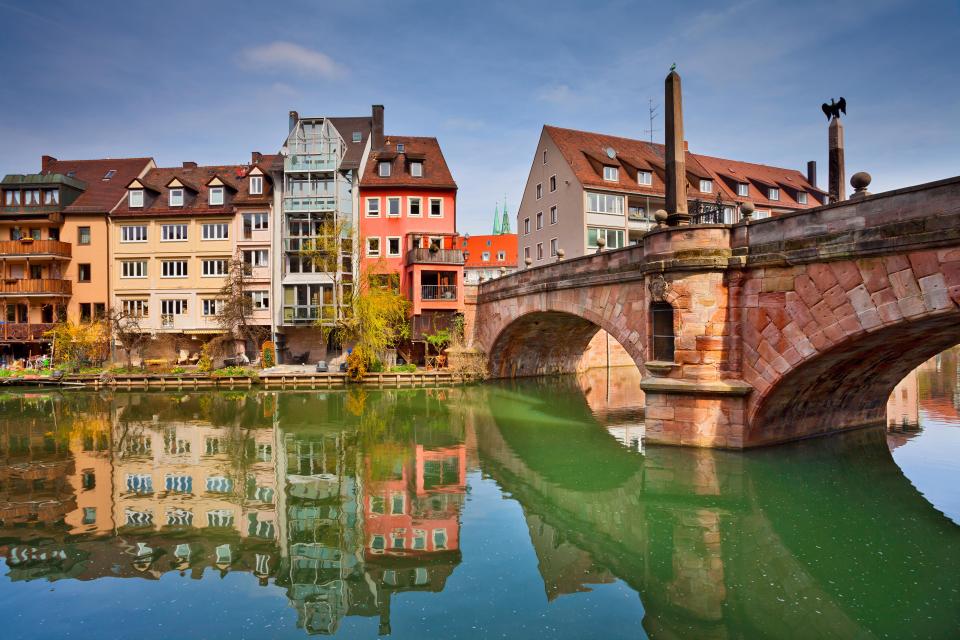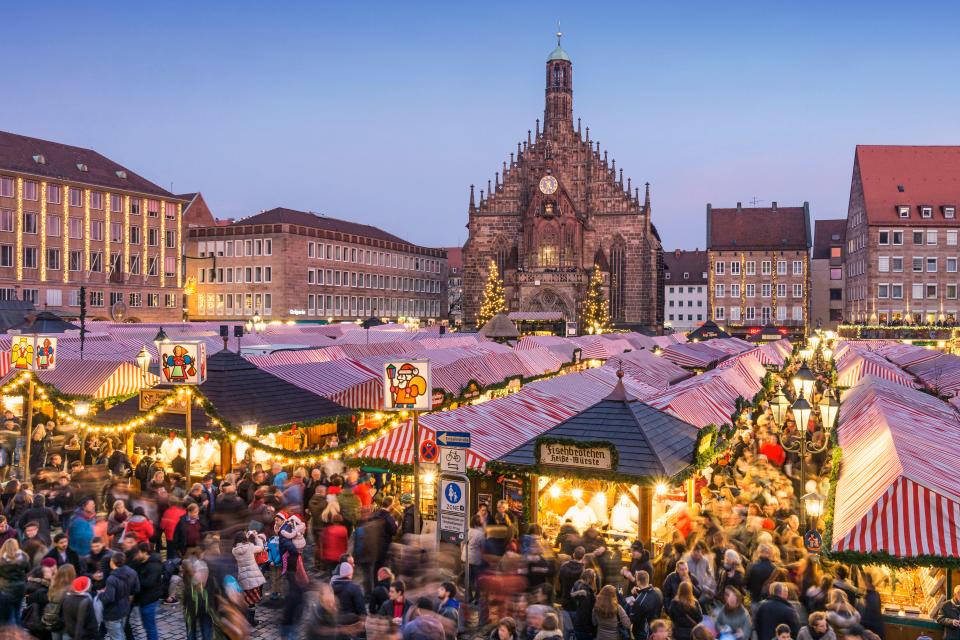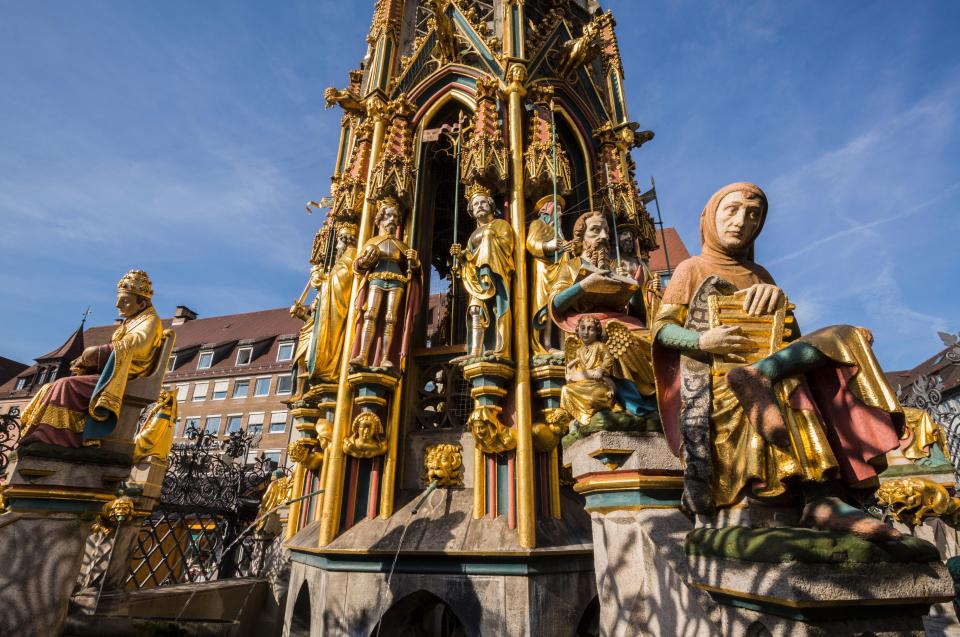Hello and welcome to Working It. I’m Bethan, deputy editor of FT work and careers, standing in for Isabel this week.
Yesterday, John Hopfield and Geoffrey Hinton won the Nobel Prize for Physics for “foundational discoveries” in machine learning and artificial intelligence. Hinton quit Google last year so he could speak more freely about the risks of AI, and he used his acceptance speech to do just that.
The technology, he said, will be “wonderful in many respects”. But we should worry about “bad consequences”. Things could get “out of control”, he added, “we have no experience of what it’s like to have things smarter than us.”
I’m sure Hinton wasn’t talking about recruitment. But the nature of this technology means every sector is already being changed profoundly — including the world of work.
In the past few months, I’ve been reporting on the state of the jobs market — whether employers can find the right people, what jobseekers experience, and whether it is fair and equitable. AI has come up in nearly every conversation I’ve had. More on that below.
Will automation make applying for jobs harder?
In a recent interview, a jobseeker told me a story that made me think.
Struggling, like many candidates, to land an interview, she’d turned to an AI tool that scanned her CV. When she read its automated recommendations, she was surprised. Many of the skills she thought she had included in her resume were flagged as missing.
The problem, it appeared, was that she’d used terms that inferred skills or experience — like the name of employer — but hadn’t clearly articulated specific aptitudes, as they appeared in the job description, in the way automated screening would easily pick up.
“It was a bit of a eureka moment,” she told me. “I realised that unless I used these specific terms, I’d be missed.”
I thought this experience really reflected the weirdness facing job hunters today. You try hard to fluff up your CV and write a characterful cover letter, thoughtfully showcasing your skills. Then it gets fed into a black box and rejected, based on seemingly inscrutable criteria. Are you applying to a person or an automated process? For jobseekers, the uncertainty can feel like shouting into a void.
In the past, stories of mysterious robots were often purely speculative, says recruitment specialist Hung Lee. But increasingly they are more than rumours. Recent product innovations, he tells me, include AI screening assistants — tools he describes as “basically AIs” that “compare CVs (or job applications) against job descriptions” and rank them in order of suitability.
“Previously debunked myths” about automated application processes — such as the idea “that employers had technology that could read CVs and auto-reject them” — are “now becoming reality,” he tells me. And this is leading to an “innovation arms race . . . between tech-enabled candidates and tech-enabled recruiters” as jobseekers learn to tailor their CVs to meet the requirements of the automated screening.
Although most recruitment professionals recognise change is happening, this doesn’t yet amount to an impermeable AI-powered barrier between you and your dream job. According to research by Hays, a recruitment company, in March this year, 4 per cent of organisations — and 11 per cent of very large organisations — said they were currently using AI to evaluate applications, by scoring candidates or scanning CVs. The number is growing: 16 per cent of organisations said they would increase their use of AI to evaluate applications in the future, rising to 36 per cent among very large organisations.
Bonnie Dilber, recruiting manager at workplace tech platform Zapier, believes the idea that job applications are widely judged by AI is a “huge misconception”. While some employers will make use of tools that score candidates based on preset criteria, she says, most do not, in part because products now available are “emerging tools with lots of flaws”. Despite contending with large numbers of applications, many written with the help of AI, humans are still reading CVs, especially at smaller organisations.
I’m not sure this is reassuring for jobseekers, however. Mystery over who — or what — will review your application is not helpful. It hardly makes it easier to craft an application for the greatest chance of success.
For those wishing to “maximise conversions of applications-to-interview”, Lee’s advice is to use AI to customise a CV against specific job descriptions, then manually review it. But he advises, too, that candidates should check first if any use of AI is prohibited. Dilber says the “generic responses” of AI tools are unlikely to be the strongest submission for a competitive role.
It’s also worth remembering, of course, that the experience of being judged in faceless application processes is not totally new. The human judgment that predates any automated screening is (was?) far from perfect. Hurried hiring managers will also scan for keywords and gloss over the nuances of each candidate. When it comes to job applications, new systems are, in many ways, repeating earlier problems. The question is whether they will help solve them — or make them worse.
This week on the Working It podcast
Corporate reorganisations are always a traumatic time for staff and managers, writes Isabel Berwick. That’s true when they happen for “good” reasons — after a merger, for example; or just because a new chief executive wants to “make their mark”.
I have often been struck by how badly most reorganisations are handled (we are all imperfect humans, after all) so for this week’s episode of the podcast I called in two workplace experts. Christine Armstrong is a researcher, speaker — and also the funniest person on LinkedIn. Along with my colleague Andrew Hill, the FT’s senior business writer, we talk about the dos and don’ts of reorganisation.
Five top stories from the world of work
-
What is the point of corporate art collections? Why do big companies collect artwork? Investment and prestige have always been part of the reason, but employers are increasingly using artwork to help tempt their workers back to the office, and strengthen relationships with clients.
-
How Jane Street rode the ETF wave to ‘obscene’ riches: This deeply reported look at an under-the-radar trading company that has become incredibly profitable is packed with fascinating insights, including an unusual approach to risk and hierarchy.
-
CEOs turn to podcasts to control their messaging: There has been an increase, of late, in the number of senior business leaders using buzzy media productions to communicate with the world. But do these new media offerings fall short of journalism that holds those in power to account?
-
The case for office pettiness: When you send a group email, do you pay much attention to the order of the names of recipients? Perhaps you should. This column shows up some of the ridiculousness of meaningless office disputes — but also acknowledges why they might matter to some.
-
Online gig platforms focus on profits as workers return to office: I’ve always been intrigued by upstart gig platforms that allow people to more easily hire themselves out for one-off tasks. So I enjoyed this look at how names such as Fiverr or Upwork are looking for new ways to boost their profitability after slowing business post-pandemic.
One more thing
Who is government? The question might sound a bit cryptic, but I really enjoyed this Washington Post series answering it. The paper has got some great writers to profile unexpected and influential public servants working for different departments of the US government — from the Department of Justice to Nasa to Veterans’ Affairs, which oversees war cemeteries. Author John Lanchester profiles the Consumer Price Index. It made me think differently about what makes up government and how we think and write about work.
And finally . . . apply for expert AI support (and help develop good governance 🏆)
Isabel Berwick writes: The Institute for the Future of Work (Ifow) is an independent research and development institute. Among other things, it’s the home of the Pissarides Review into the Future of Work and Wellbeing. We’ve covered Ifow’s previous research about the impact on workers of AI and tech in this newsletter.
Ifow is currently running an “open call” for industry partners to join its new “Responsible AI Sandbox”. Intrigued? Here’s what Ifow’s head of partnerships, Jo Marriott, says about it:
“With the need for better governance of workplace AI becoming clear . . . Ifow is looking for businesses from across sectors, which are looking for support as they adopt new technology to improve productivity.
“Within the Sandbox, firms will gain a greater understanding of the risks and opportunities of AI deployment. Through this process, Ifow is helping to shape a pro-innovation approach to AI regulation, and will provide tools and frameworks that give firms the confidence to adopt new AI technologies in ways that support both growth and ‘good work’, and comply with existing legal regimes.”
To learn more and submit an expression of interest, please visit Ifow’s application page.








































































































































You must be logged in to post a comment Login